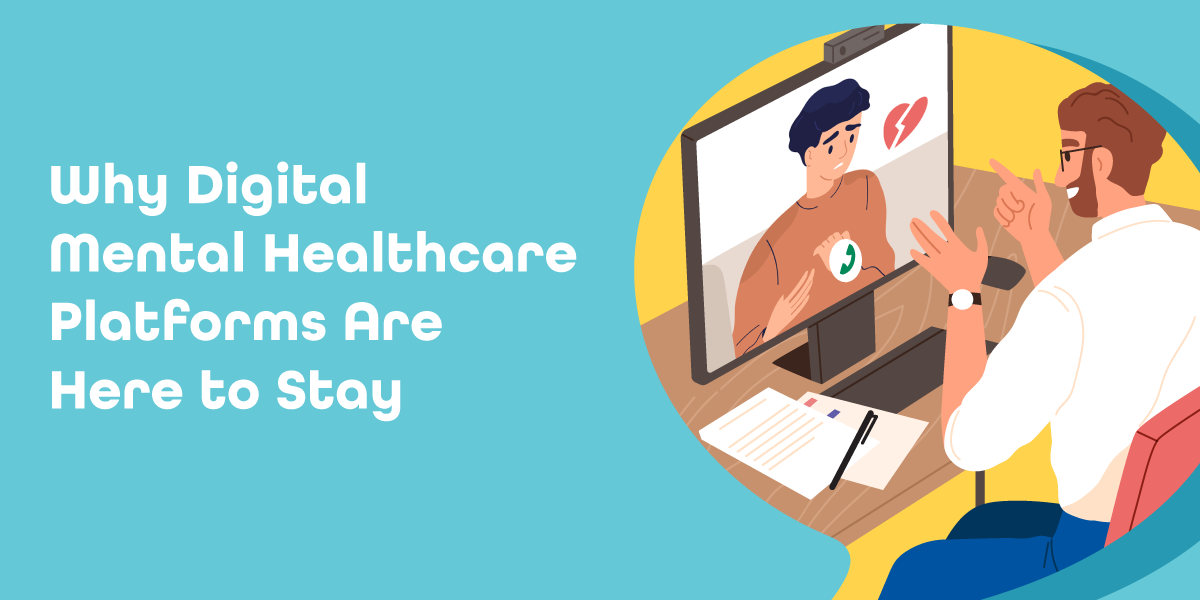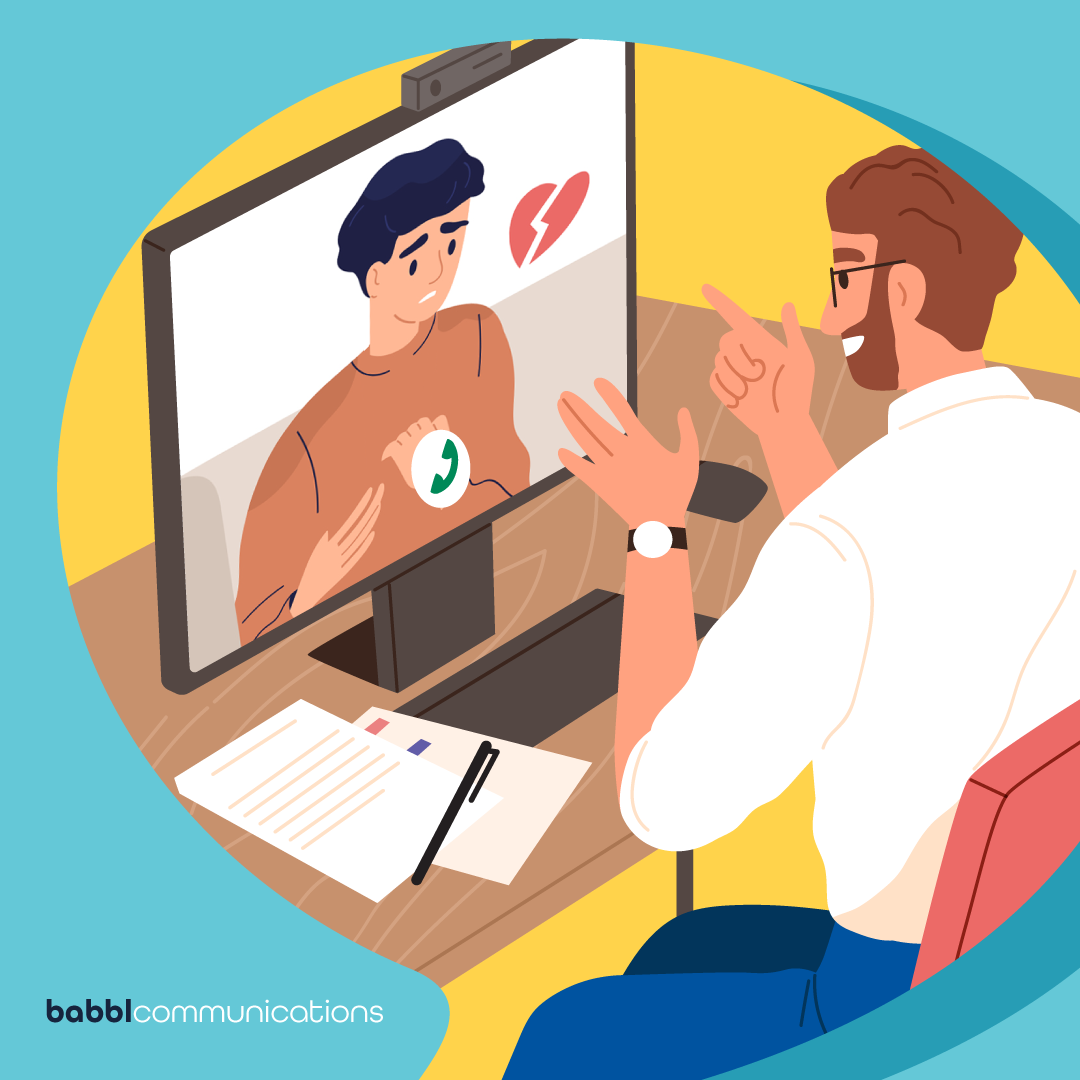Why digital mental healthcare platforms are here to stay

We’re now well over a year into the pandemic, and what a year it has been. At almost every turn COVID-19 has changed life as we know it — impacting our economies, relationships, and communities.
And for many of us, the experience has also taken a major toll on our mental health. According to a study by the Centre for Addiction and Mental Health (CAMH), 50% of Canadians reported worsening mental health since the start of the pandemic, and over 80% of Canadian workers reported the same.
This uptick in mental health challenges is not surprising given the impact and uncertainty of the pandemic. Luckily, thanks to the digital nature of our times, help has become readily available in the form of a growing range of online therapy options.
Read for immediate support

Online therapy — as effective as face-to-face?
COVID-19 has demonstrated that basically everything, even our therapy and mental wellness needs can be served online. Today, there’s an abundant availability of mental health apps on the market — ranging from simple meditation apps to formal one-on-one mediated sessions with licensed therapists.
Not all are fans of online therapy though. Some see it as lacking the human connection needed to make therapy effective.
That said, a 2018 study published in the Journal of Psychological Disorders stated that online therapy is “effective, accepted, and practical healthcare” for the treatment of depression and anxiety.
The benefits of online therapy
- Convenience: online therapy means no need to travel to a therapist’s office. Patients can set up an appointment virtually from wherever they are, and get back to their lives as soon as the session is over.
- Cost effective: online therapy is much cheaper than in-person treatment making it much more accessible to more people.
- Accessibility: Related to the above points, online therapy means that more people living in remote areas or with mobility issues can now access mental healthcare.
Online therapy options
- Betterhelp: digital platform that matches patients with licensed therapists based on therapy needs.
- Talkspace: online platform that performs needs-based therapy matching.
- Calmerry: another popular patient-therapist matching site.
- 7 Cups of Tea: While this app has a paid-for service like the above, it also offers a free chat service that matches patients with volunteer listeners.
- Calm App: A wellness platform designed to help reduce anxiety and improve sleep through a wide range of meditation and sleep preparation tools.
Keep in mind that this list is by no means exhaustive. In your research, also be sure to check out therapists in your area. You might discover that many are now offering online services.

A healthy society depends on affordable home internet
Now, more than ever, Canadians need affordable home internet to keep them connected and able to access vital services such as online therapy. Here at Babbl, we’re on a mission to create the sort of affordable internet that Canadians deserve.
Babbl is coming soon to Western Canada with affordable home internet for everyone. Let us know where you want to Babbl and we’ll alert you as soon as we’re available in your city.

